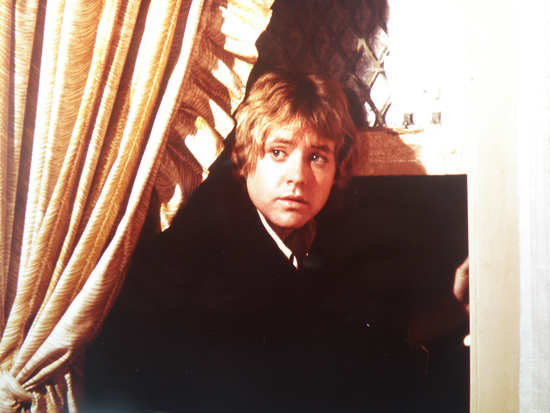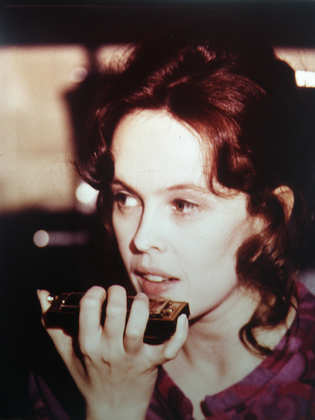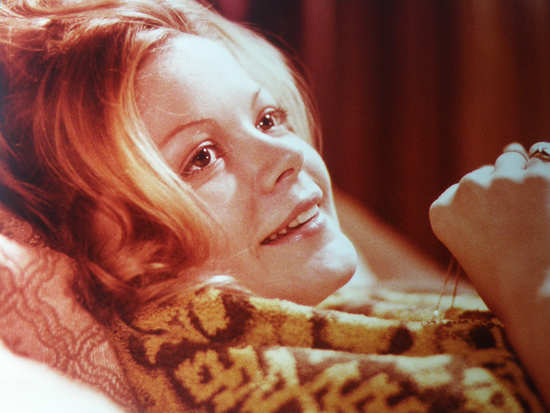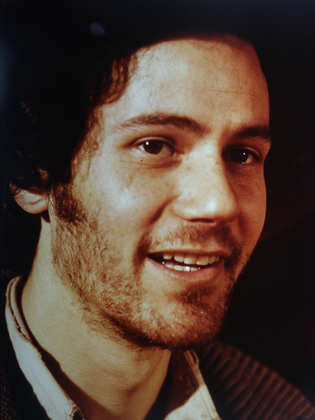Review for That Cold Day in the Park
You’re probably thinking the same thing I was when I received the press release for ‘That Cold Day in the Park’. As a Robert Altman directed film, why hadn’t I seen it before now? I love Altman’s films; the way he uses fluid, moving camera shots which perfectly reflect the actors’ seemingly fluid dialogue; almost documentary style work, though carefully choreographed, with method acting to boot. It was an approach that worked brilliantly for M*A*S*H* and Nashville, and which can be seen in embryonic form here.
‘That Cold Day in the Park’ is also something of a late 60’s, early 70’s curio – the type of film that would never get made today where films are polarised into either blockbusters or low-budget with nothing in-between. This fits firmly in-between.
It was Altman’s second ever feature, despite his long history in so-called ‘Industrial television’ and in TV itself (with shows like ‘Combat’ among his better offerings). As an independent film, one presumes he enjoyed more creative freedom than he might otherwise have done and he uses it to impressive effect, albeit in a film so strange and untypical that it’s difficult to know how to categorise it. Indeed, it’s probably the film’s unsettlingly strange narrative that has polarised opinions about the film so much over the years and consigned it to relative obscurity. Having now seen it, I think it’s well overdue for reappraisal. It’s a very neat low budget film, with a tiny cast of excellent actors consigned to (more or less) a single building.
Frances Austen (played superbly by Sandy Dennis) is a terribly serious thirty something, stuck in her wealthy parents lush apartment, overlooking a city park. She seems to have inherited, not only the property, but her parents’ middle-aged friends who have somewhat stifled her youth.
During one rainy day, whilst hosting these friends at yet another gathering, she notices a boy (supposedly 19, played by Michael Burns who was made for the role) sitting alone in the park below, in the pouring rain.
Once the guests leave, she calls him to dry off in but he appears to be mute. Before long, she is mothering the boy, buying him clothes and gifts and letting him stay the night. The first sign that this is anything but normal comes when she takes to locking him in the bedroom until she is ready to take him in breakfast.
For his part, he is amused by the attention. When he leaves the house and returns home, we learn that he is from a large family, over run with kids. We also hear, when he visits his wild sister, who is sleeping with a man in a run-down shack, that he is perfectly capable of speaking. He just sometimes chooses not to.
Something keeps drawing him back to the house but it’s clear that Frances is coming increasingly obsessed and that her desires for the boy are running out of control. One day, when Frances is out, his sister turns up and insists on using the bath, before also trying to ‘use’ her brother after he helps with a massage. The film is full of barely suppressed sexual tension.
When Frances decides that the boy may need some sexual company, rather than offer herself, which she longs to do, she procures a prostitute. But all does not go to plan with an ending as grotesque as its unexpected – which I won’t spoil here.
It’s a heady mix of masterclass acting from Sandy Dennis and deep psychology – more common in the late sixties than now perhaps.
The film looks great on Blu-Ray, though has an intrinsic graininess which was somewhat in favour as the ‘look’ of the time – seen as gritty and real. It has an almost gothic vibe too, perhaps brought on by the old apartment and Dennis’s uptight portrayal as well as the autumnal light of the park itself.
The Blu-Ray ships with a very nice booklet with some new writing about the film and a highly informative video interview with critic and filmmaker David Thompson, editor of Altman on Altman, which gives some really great context to the film and serves as a reminder of why Altman, despite only getting into movies in his middle-age, should be considered one of the great auteurs.
A really great release of an excellent film.




Your Opinions and Comments
Be the first to post a comment!